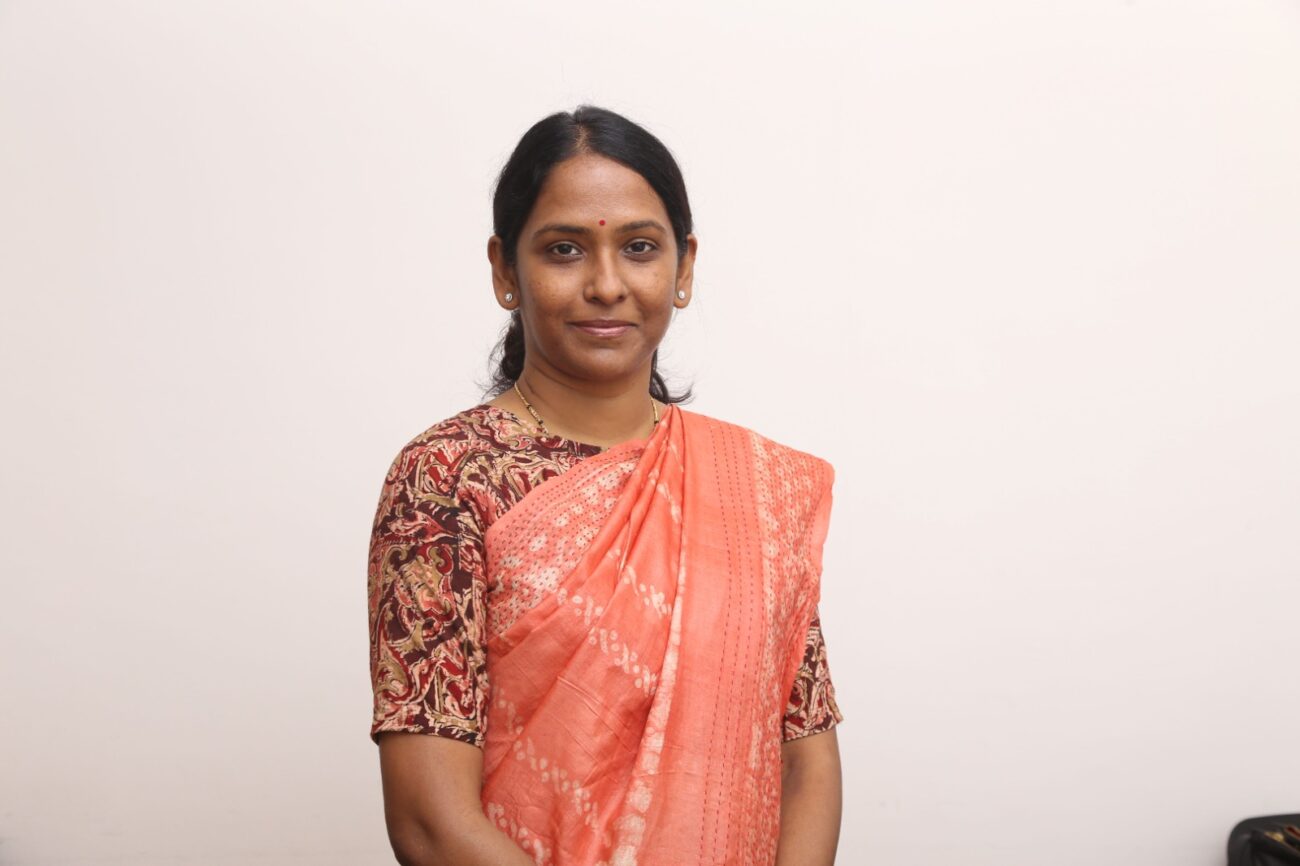Enhancing Child Safety: Understanding and Preventing Mumps Infections
Authored by Dr. Suhail Ambi, Consultant Pediatrics, HCG Suchirayu Hospital, Hubli Children, with their developing immune systems, are vulnerable to various illnesses. Different vaccinations are recommended to safeguard them from diseases that can challenge their underdeveloped

Authored by Dr. Suhail Ambi, Consultant Pediatrics, HCG Suchirayu Hospital, Hubli
Children, with their developing immune systems, are vulnerable to various illnesses. Different vaccinations are recommended to safeguard them from diseases that can challenge their underdeveloped immunity. Among these illnesses is mumps, an infamous infection that can affect a child’s health. Though rarely fatal, mumps can lead to complications in some cases.
Primarily affecting children between 5-9 years old, mumps is a contagious viral illness that, while typically not life-threatening, can cause discomfort. Fortunately, understanding the vaccination process and its timing can significantly mitigate risks and alleviate discomfort.
Knowing about Mumps:
Mumps is a very contagious viral illness that presents with a fever and swollen salivary glands in the mouth and ear. It is caused by a paramyxovirus, which spreads through infected droplets in coughs, sneezes, or close contact with contaminated things. Symptoms typically arise 16-18 days after exposure, but the virus can be contagious for several days before symptom development.
Common Symptoms include:
- Low-grade fever is a common initial symptom
- Swollen Parotid glands and facial puffiness on one or both sides
- Mild to moderate headaches
- General muscle aches and fatigue
- Reduced appetite due to discomfort
- Pain in the ears is a possibility, especially if the parotid swelling is significant
Managing the Symptoms:
Although there is no specific medication for mumps, vaccination is a highly effective prevention measure. Mumps typically resolve within a week or two, however, there are a few ways to manage symptoms and promote comfort. These may include:
- Rest: Encourage your child to get plenty of rest.
- Pain relievers: Over-the-counter medications like acetaminophen or ibuprofen can help manage fever and discomfort.
- Hydration: Ensure your child drinks plenty of fluids to prevent dehydration.
- Warm or cool compresses: Applying warm or cool compresses on the swollen parotid glands can provide some relief.
Preventive Measures:
- MMR (Tresivac) vaccine is typically administered to protect children against mumps and is typically administered between the ages of 12 and 15 months.
- Frequent handwashing using soap and water for at least 20 seconds should be a common practice.
- Avoid close contact with sick individuals and isolate the patient away from the child to protect their immune systems.
- Regularly Disinfect surfaces that might be contaminated with the virus.
If your child shows any symptoms of mumps, visit your pediatrician right away.
Looking Ahead:
Mumps, a contagious viral illness, though usually not severe, can cause significant discomfort and inconvenience. Understanding its signs and the importance of vaccination is paramount in safeguarding your child’s health. Alongside swollen glands, fever, and muscle aches, mumps can lead to complications like meningitis or deafness, emphasizing the necessity for vigilance. Therefore, swift action in contacting your pediatrician upon observing any symptoms is crucial. While most children recover fully from mumps, regular follow-ups with your pediatrician are vital to monitor their progress and address any lingering concerns. By staying informed and proactive, you can ensure your child’s well-being and mitigate any potential risks associated with mumps.






